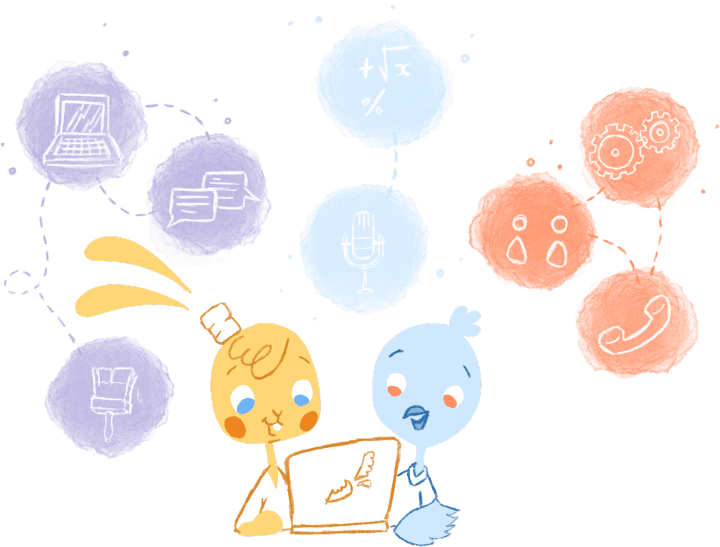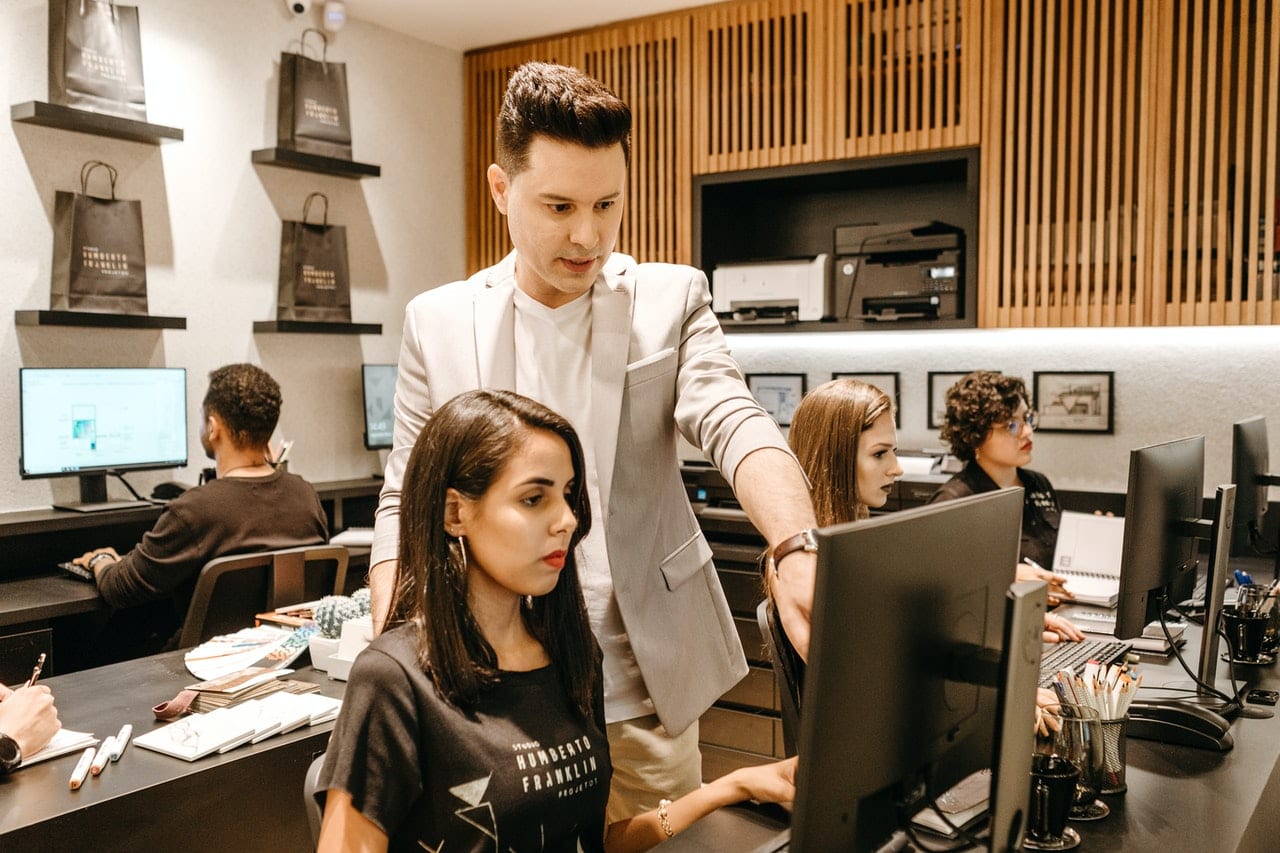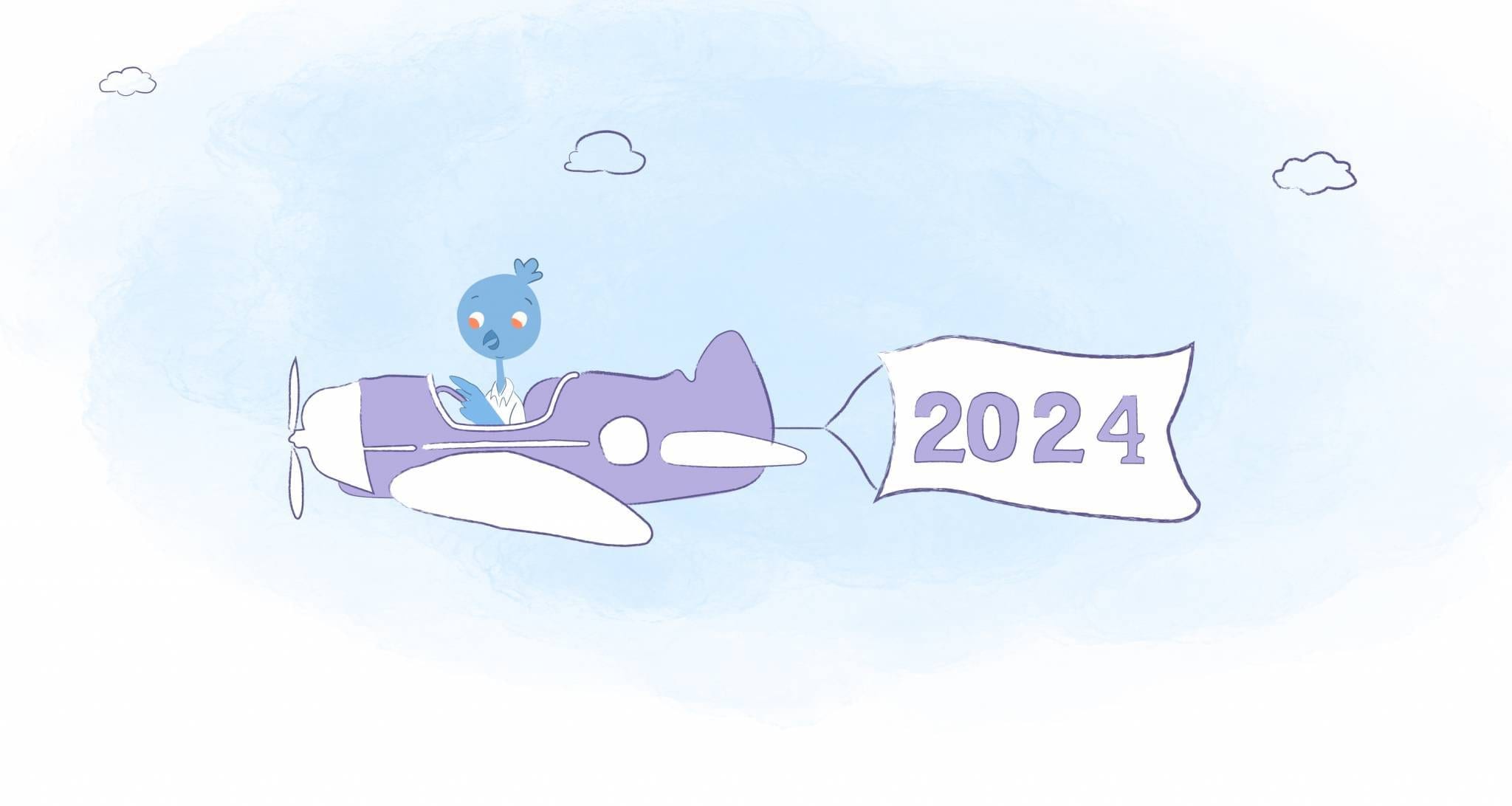

During one summer break while in college, a childhood friend asked if I would be interested in a temporary job. It was doing maintenance at a local school. I definitely could use the cash, so I joined him. But, does working with friends make you more productive — or not so much?
Working with a friend may actually not be a bad idea.
Most bosses would likely assume that we would goof off all summer. But, we were actually quite productive. For example, on one detestable steamy day, we were tasked with doing landscaping around the building. It was a tedious job that we weren’t looking forward to. However, to keep our minds off the manual labor and the heat, we made up parodies of our favorite songs. It didn’t make the work any easier, but it kept our minds occupied with something else. We actually had fun — but, we also wrapped up the responsibility faster than initially thought — and much quicker than the time the boss had slated for the job.
Of course, there are significant differences between working summer jobs in college and your career or being a business owner. Can you imagine your employees, clients, and customers (all steeped in serious tech) noticing you and your BFF belting out song parodies?
How can working with a friend or family help make you more productive? Check out the following reasons why working with people that you have known may actually be good.
Work becomes more enjoyable.
There’s a time to work and a time to play. But that doesn’t mean that you can’t have a little fun at work. At the very least — having someone there is more enjoyable.
Let’s say that during a break, you and your friend joke around or make plans for the weekend. You may even discuss innovative ways to solve a work problem. That may not sound all that important. But, it makes work less boring, reduces stress, and allows you to explore new opportunities. And, it also gives you a reason to look forward to coming into work, and you’ll likely get to work earlier.
You’re more engaged.
Think about all the hobbies that you’ve picked up over the years. Which were the ones that usually stuck? It probably was those that involved other people. That’s not to say that you can’t do anything on your own. It’s just that when you’re doing something with others, it keeps you more engaged. It’s like when you don’t want to go to the gym, but your workout buddy pushes you to get moving.
The same idea is true of work. You may begin to lose interest or get easily distracted. But, when your friend is all in, you’ll want to be a part of the action as well. After all, no one wants to be left out in the cold. And, your partner in crime may be able to give you that nudge to become more involved with your work.
The research paper ‘Social Incentives in the Workplace’ it was found that those who worked alongside high-performing friends were more productive. Moreover, “Gallup has found that employees who say they have a best friend at work are seven times more likely to be engaged in their work.”
Encourages continual development.
Feedback is one of the most effective ways to learn and grow. And, is there any more candid feedback then that from your friends? I have a friend that I often bounce ideas off of and sometimes vent to. He’s brutally honest without being harsh. And, over the years, he’s given more than enough constructive criticism. Not only do I consider him a confidant and trustworthy friend, I often seek his feedback whenever I need it.
Having this type of person working next to you can help you become more aware of your strengths and weaknesses so that you know what areas need to be developed. You can also exchange ideas with them and ask for their perspectives when brainstorming or problem-solving.
Increases well-being.
“There is something about having close friendships, in general, that is good for our physiological health,” writes Tom Rath and Jim Harter, authors of Wellbeing: The Five Essential Elements. “Relationships serve as a buffer during tough times, which in turn improves our cardiovascular functioning and decreases stress levels.”
Furthermore, these people have a strong influence on your health, habits, and overall well-being. That means in addition to helping you cope with work-related stress or anxiety; they’ll also help you snap out of unhealthy habits. I suggest you’re not going to scarf down a burger and fries while they’re eating a salad for lunch, right? And, you can’t be productive when these bad habits are holding your back.
Better focus and motivation.
Did you ever have a “study buddy” in school? If so, then you know that while there times when you went go off-topic, you also held yourselves accountable. That means if one of you were off-topic for too long, the other brought the discussion back to what you were studying. You probably also gave each other words of encouragement and recognized each other’s hard work.
Believe it or not, this also can take place in the workplace. You can both motivate each other to not only remain laser-focused on the task at hand, as well as inspire each other. Again, having a friend at work gives you an additional sounding board and support system. You can also praise and reassure one another and offer candid feedback on how to improve. And, friends are also pretty good at helping us become more self-confident.
You’re more effective.
NASA has found that crews who have experience working together actually made fewer errors when fatigued. There are several reasons for this. For starters, the team doesn’t have to spend energy getting orientated. Instead, they can “settle in and focus on working together.”
Moreover, they can use their shared knowledge and experience to aid each other. They’re also aware of everyone’s skill set and limitations to deal with specific situations and assign the right job to the appropriate team member. And, they also make a shared commitment to the team and care for one another.
Outside of the findings from NASA, I’d also add having someone familiar with your work, and someone that you trust gives you a second set of eyes. They can review your review carefully to ensure that you didn’t make any mistakes. And they can deliver honest and constructive suggestions.
It creates a positive and collaborative work environment.
“People are more creative and productive when they experience more positive inner work life, including more positive emotions, stronger motivation toward the work itself and more positive perceptions of the organization,” says Professor Amabile, co-author of The Progress Principle — which analyzed 12,000 daily diary reports from 239 professionals working in innovation teams.
“And one of the things that contribute to positive inner work life is a sense of camaraderie with teammates and close co-workers – a sense of bonding and mutual trust.” All of which are needed to build a more collaborative and positive work environment. As a result, you’ll be happier and more productive.
The downside of working with friends.
Workplace friendships do come with a downside, however. “The biggest perhaps being a distraction,” writes David Burkus in HBR. “Impromptu discussions and extended breaks for socializing may slowly steal time, making it more stressful to complete work when we are focused.”
“Having friends at work also triggered a higher rate of emotional exhaustion; keeping up with more and deeper relationships is tough,” adds Burkus. “Those relationships can also be the source of stress when new opportunities, like promotions, present themselves. It’s much more likely that we’ll feel envious of people we’re close to.” This emotional toll can decrease performance. But, “the positive gains from having a coworker who is also a friend more than outweighed the negatives.”
To negate the negative effects of working with a friend, here are some pointers to keep in mind:
- When starting a business or bringing a friend into your organization, make sure that you know and trust them ahead of time.
- Be transparent and speak freely with each other.
- Create a positive work environment where feedback is shared and requested.
- Eliminate isolation by sharing some of your burdens.
- Align your goals, values, and vision.
- Help unleash each others’ full potential.
- Reduce decision-fatigue by automating tedious and repetitive tasks.
- Embrace each other’s strengths and weaknesses.
- Cultivate being an all-round happier person.
- Never mix personal and business issues.
- Don’t let your friendship solely be about work. Make the time to nourish your relationship outside of work.











Albert Costill
My name is Albert Costill and I'm a content marketer at Calendar. If I can help people become more productive in my journey, even better. If you ever have a question about your Calendar or how you can use it - - don't hesitate to reach out. I'm a Calendar Pro.